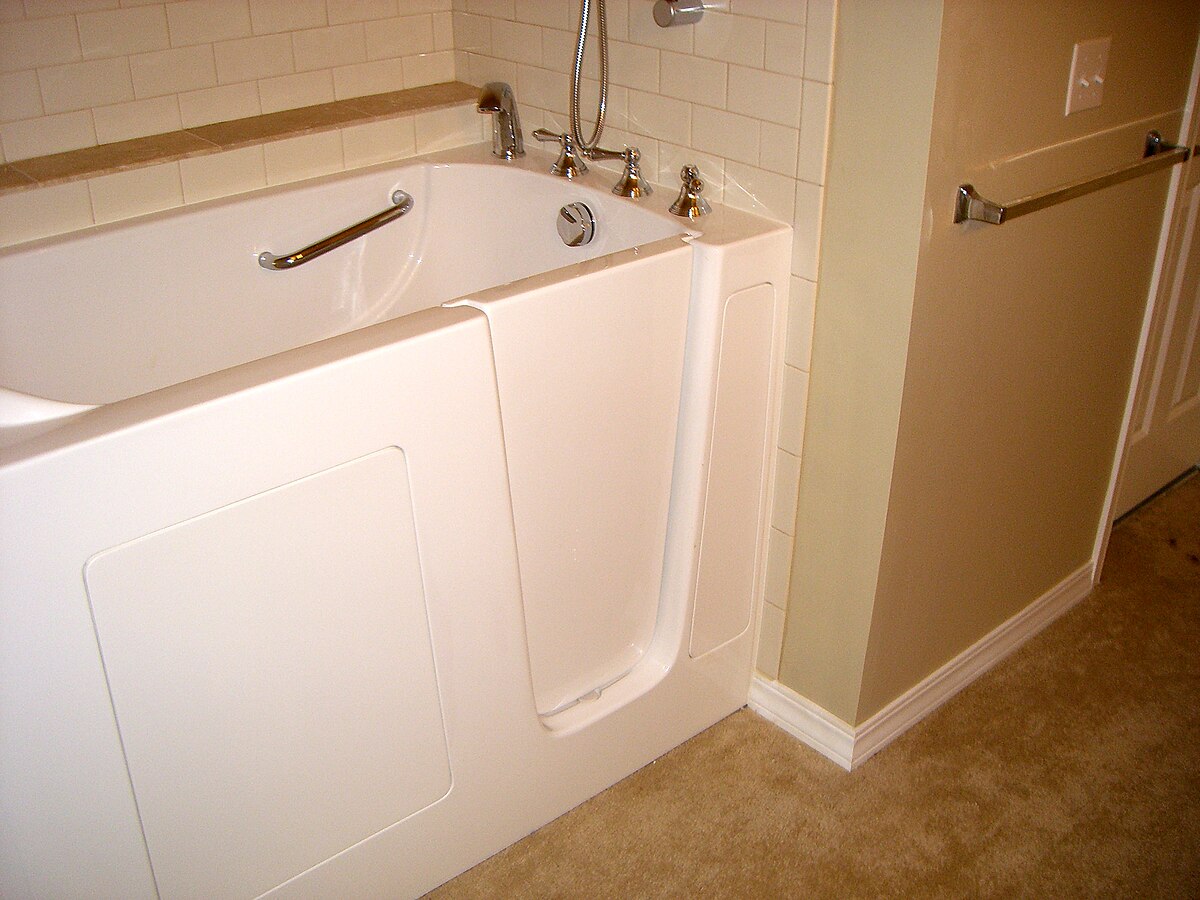"Revamping Properties: The Hidden Potential in Renovating Real Estate"
Introduction: In the ever-evolving world of real estate, one strategy stands out for its potential to generate significant profits: property renovation. By investing in a fixer-upper, buyers can add value to a property and sell it for a higher price. However, this approach isn't without its challenges. This article delves into the world of property renovation, discussing its advantages, potential obstacles, and impact on the real estate market.

The History and Evolution of Property Renovation
Starting from the 1970s, the practice of buying homes to renovate and resell them—commonly known as “flipping”—has seen a steady increase. The concept of adding value to a property through improvements is not new, but the scale at which it’s done today is unprecedented. The proliferation of home improvement television shows has popularized this investment strategy, inspiring countless investors to explore its potential.
The Current Market for Property Renovation
The real estate market for renovation properties is hot. According to a 2020 report, house flipping hit an all-time high in the US, with over 6% of all home sales coming from flipped properties. The report also revealed that gross profits from flipping have increased significantly, averaging around $62,000 per flip. This data is a testament to the potential profitability of property renovation.
Pros and Cons of Investing in Property Renovation
Property renovation can be a lucrative investment strategy, but it’s not without challenges. The potential for high returns is appealing, but it also comes with risks. Renovations can often cost more than expected, and if the property doesn’t sell quickly, carrying costs can eat into profits. On the other hand, a well-executed renovation can significantly increase a property’s value—potentially resulting in a substantial profit upon sale.
Implications for Buyers, Sellers, and Investors
For buyers, renovated properties offer move-in ready homes that require little to no work. Sellers, on the other hand, can leverage renovation to increase their property’s value and attract more buyers. For investors, property renovation presents an opportunity to generate significant returns. However, success in this field requires a keen eye for potential, a good understanding of renovation costs, and the ability to anticipate market trends.
The Future of Property Renovation
Looking forward, the demand for renovated properties is not expected to wane, especially in desirable neighborhoods where new construction is limited. As more people recognize the potential in property renovation, this investment approach will likely continue to shape the real estate market. However, investors must stay informed about shifts in market trends and be prepared to adapt their strategies as needed.
In conclusion, property renovation offers an appealing avenue for buyers, sellers, and investors alike. By understanding the dynamics of this strategy, one can navigate the complexities of the real estate market and potentially reap significant returns.




